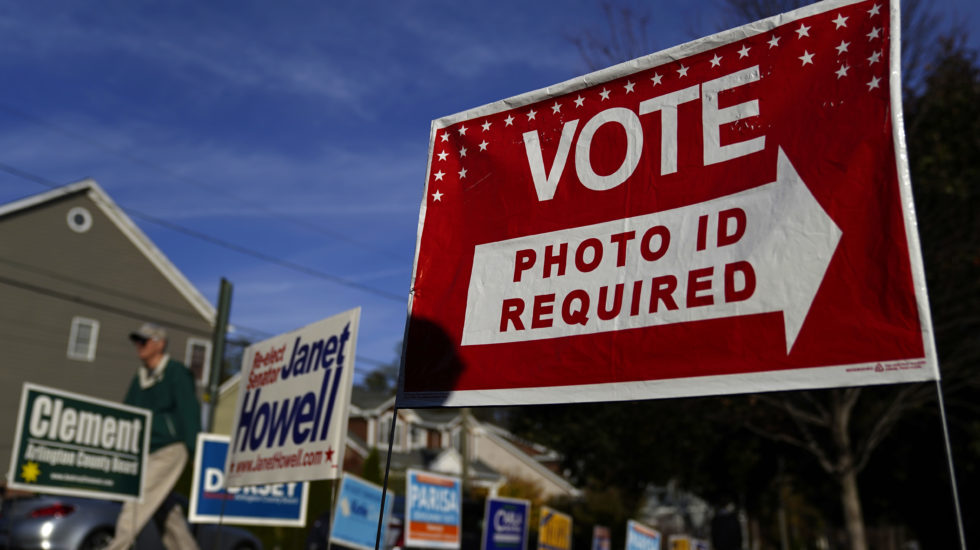Despite federal and state officials calling the 2020 election the “most secure in American history,” Republicans from 28 different states have introduced 106 pending bills (so far) that would restrict access to voting.
That’s a sharp uptick from a year ago, when there were 35 restrictive bills pending across 15 states.
Leading the charge Friday morning is Arizona, where GOP legislators introduced a bill this week that would give the Legislature authority to override the secretary of state’s certification of its electoral votes, as reported by NBC News.
Arizona’s Democratic congressman, Ruben Gallego, promised to fight the bill by public referendum, if need be.
There is no question the unprecedented amount of proposed legislation is in direct backlash to the outrage from Republican election deniers following the 2020 presidential election.
This Brennan Center for Justice study does an excellent job of breaking down the proposals. It also outlines proposals to cement pro-voter policies set up temporarily last year.
Eliza Sweren-Becker, voting rights and elections counsel for the Brennan Center, told ABC News that state legislators are responding to the overwhelming turnout during last year’s election, where more than 155 million Americans cast a record-breaking ballot. She also warned that any of these bills would have a major effect on turnout.
According to the study, these proposals primarily aim to:
- Limit mail voting access
- Impose stricter voter ID requirements
- Limit successful pro-voter registration policies
- Enable more aggressive voter roll purges.
The report also highlighted a bill in Arizona that would purge the permanent early voter list if a voter didn’t participate in two consecutive election cycles. For some perspective, during last year’s election, over 2.4 million Arizona voters voted early, marking a trend across the country that saw a rise in early votes, according to the U.S. Elections Project.
Pennsylvania leads the nation in proposed voter suppression legislation in 2021, with 14 restrictive policy proposals. New Hampshire comes in second (11 bills), followed by Missouri (9 bills), and Mississippi, New Jersey, and Texas (8 bills each). Georgia lawmakers reportedly plan to introduce bills to require an excuse to cast an absentee ballot, mandate photo ID when returning an absentee ballot, and ban ballot drop boxes, among other harsh restrictions.
Brennan Center for Justice
“I think the big overall takeaway is: Democracy reform as an issue is not going away just because we’re not in a presidential year,” Sweren-Becker said.
“People are latching onto the lies of voter fraud, which was disproven time and again in the courts last year. Legislators are using that lie to restrict access to the ballot box.”
Eliza Sweren-Becker



